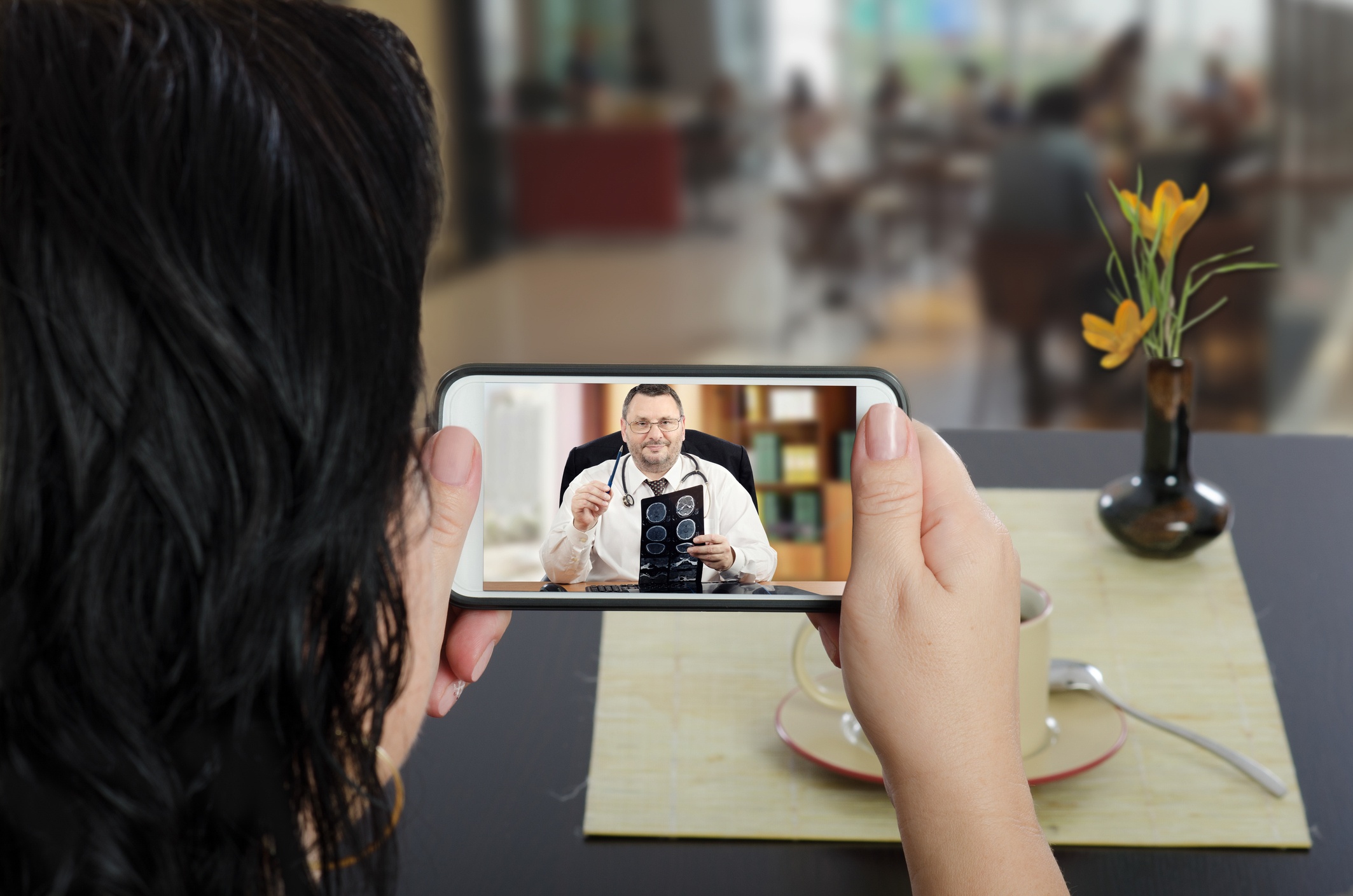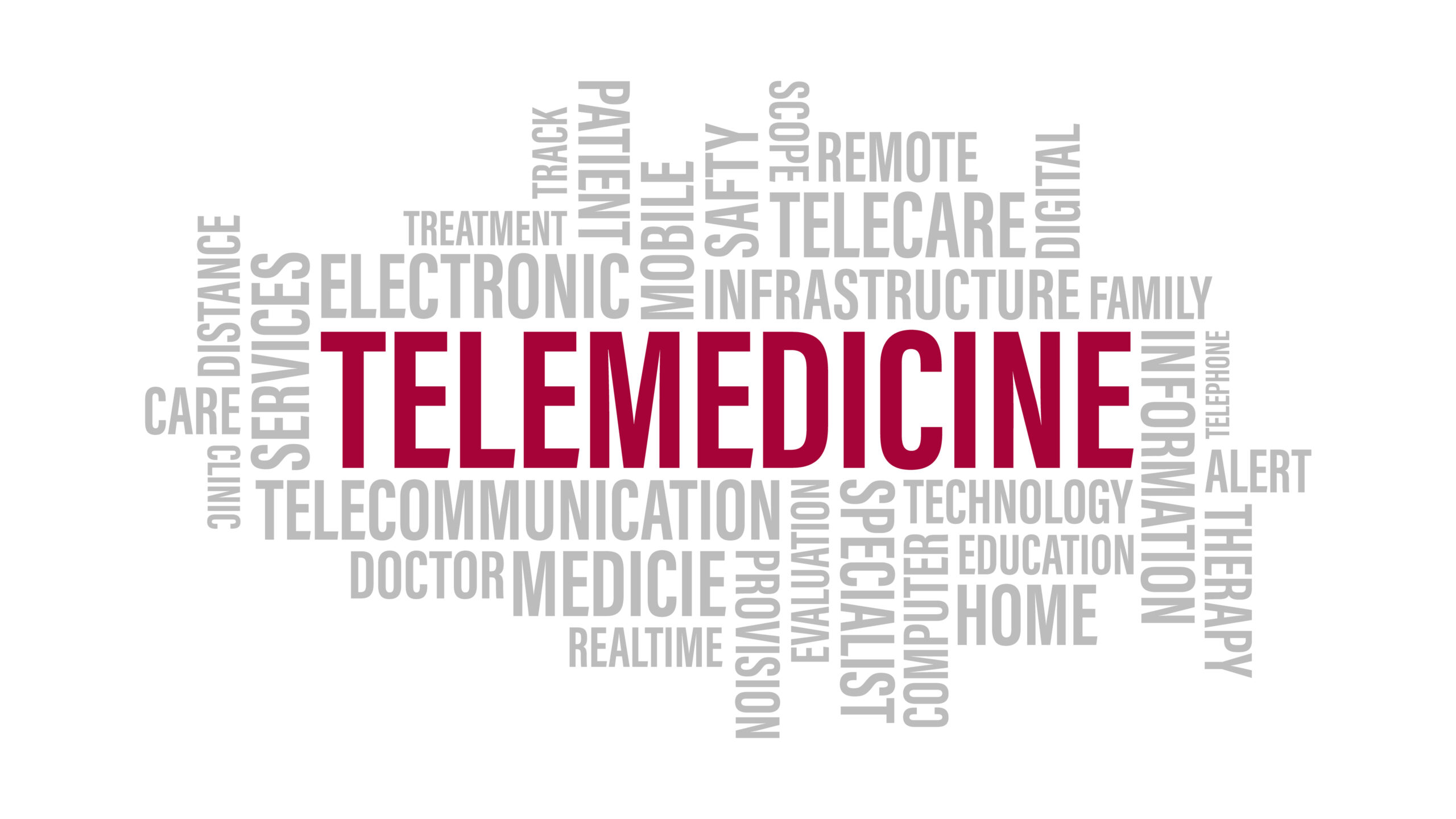
A study recently conducted by researchers from the Massachusetts General Hospital (MGH) found that virtual video visits may be able to take the place of office visits with no decline in quality of care. Published in the American Journal of Managed Care, the study aimed to analyze the value of video chats between health care professionals and their patients on a secured application.
The MGH TeleHealth Program was created in 2012 following 10 years of developing TeleNeurology. The hospital began offering these virtual visits at the beginning of 2013 and has been continuing to do so since. Patients included in this study were under departments such us psychiatry, neurology, primary care, oncology, and cardiology. The study was based on 254 patients survey responses following their first virtual visit, as well as 61 clinicians who partook in the first year of the program.
“Some of the participants in our study were parents of children who needed multiple frequent visits or older patients for whom travel was difficult to arrange,” said Karen Donelan, ScD, senior scientist at the MGH-based Mongan Institute Health Policy Center and lead author of the paper. “It did not surprise us that they found virtual visits more convenient, but we were impressed that nearly all perceived the quality of care or communication to be the same or better than at the traditional and familiar office visits.”
By the Numbers
Upon reviewing the results, the researchers found that 79% of the responding patients who were part of the program felt it was easier to find a convenient time for a virtual follow-up meeting than it was via a traditional office visit. 62% who responded claimed the quality of care via the video visit did not differ from that of office visits, and 21% felt the overall care quality was actually better. Overall, 68% of the patients rated the visits at a 9 or 10 out of 10, and a majority of patients who scored lower did so because of technical issues with their first use of the system.
As for the responding healthcare providers, 59% felt agreed that the quality of care over the video chat met that of an in person visit, and a third felt the quality of care improved over virtual chat. 70.5% and 62.5% of the providers reported that the video visits were superior to office visits in timeliness of scheduling and efficiency of visit, respectively.
READ MORE: Virtual AMA Implementing Virtual Patients Into Medical Student Education
Doctors and their patients had differing views on how the perceived the personal connection in the virtual visit, with 46% of providers feeling the office visits were better and only 33% of patients feeling the same.
Authors noted that the study has strong implications for the future of healthcare in which text, video, online, and home visits become more prevalent and convenient. A majority of the patients agreed that issues addressed in their virtual visits could have been addressed in person, however telephone calls, emails, and text messages were indicated as options that would suffice as well. Researchers and providers will be analyzing which means of communication are best fit for each patient’s needs as these modes of care continue to emerge.
READ MORE: Janssen Uses VR to Train Nurses in Giving First Cancer Treatment
“Our findings confirm what I felt in my gut, which is that what patients’ value most is uninterrupted time with their doctor, and they put up with all the other challenges required to come see us,” said Lee Schwamm, MD and director of the MGH Center for TeleHealth and of the MGH Comprehensive StrokeCenter. “Telehealth gives them more of what they want most and gets rid of the stuff they don’t want. With a telehealth visit, 95 percent of the time spent by the patient is face-to-face with the doctor, compared to less than 20 percent of a traditional visit, in which most time is spent traveling and waiting. Seen through that lens, our results are not surprising.”
For many Americans, a visit with their doctor no longer requires an actual trip to the doctor’s office. In this week’s podcast, we speak with @ml_barnett about the rise of telemedicine, and how this technology could improve health care for patients. https://t.co/feBmJRb5Yt
— HarvardPublicHealth (@HarvardChanSPH) January 11, 2019
Source: EurekAlert






 © 2025 Mashup Media, LLC, a Formedics Property. All Rights Reserved.
© 2025 Mashup Media, LLC, a Formedics Property. All Rights Reserved.